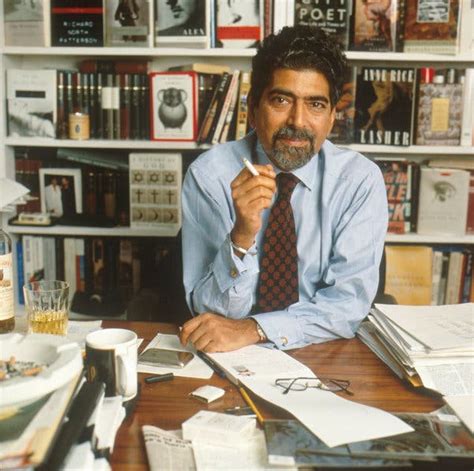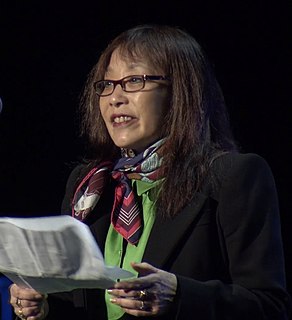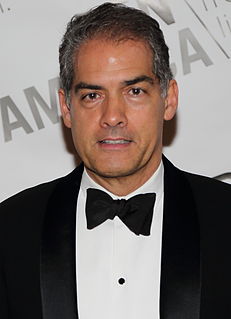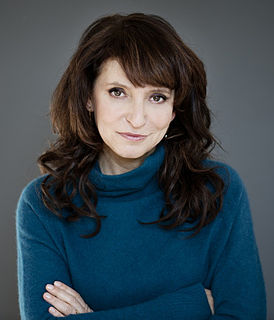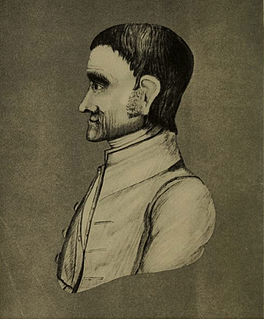A Quote by Sonny Mehta
There's a blockbuster side to Knopf, whether it's P. D. James or John le Carre or our best-selling books. We try to sell our writers as aggressively as those houses regarded as commercial with a capital C.
Related Quotes
Of John Le Carre's books, I've only read 'The Spy Who Came In From The Cold,' and I haven't read anything by Graham Greene, but I've heard a great deal about how 'Your Republic Is Calling You' reminded English readers of those two writers. I don't really have any particular interest in Cold War spy novels.
I took the first James Kelman novel, 'The Bus Conductor Hines', home to my dad. I thought, 'My dad will like this; it's written in Scots.' But my dad said: 'I can't read that.' He was reading James Bond and John le Carre. That was part of what attracted me to crime - the idea of getting a wide audience.
What le Carré is so good at is unpicking something very specific about Englishness. That is almost part of why I think he wrote the novel. You can feel le Carré's anger that someone who has had the benefits of an English education and an English upbringing is using that privilege to basically do the worst things imaginable. There is an anger in the book about that.
O, that we who declare war against wars, and acknowledge our trust to be in God only, may walk in the light, and therein examine our foundation and motives in holding onto money! May we look upon our estates, our treasures, the furniture of our houses, and our garments, and try whether the seeds of war have nourishment in these, our possessions.
